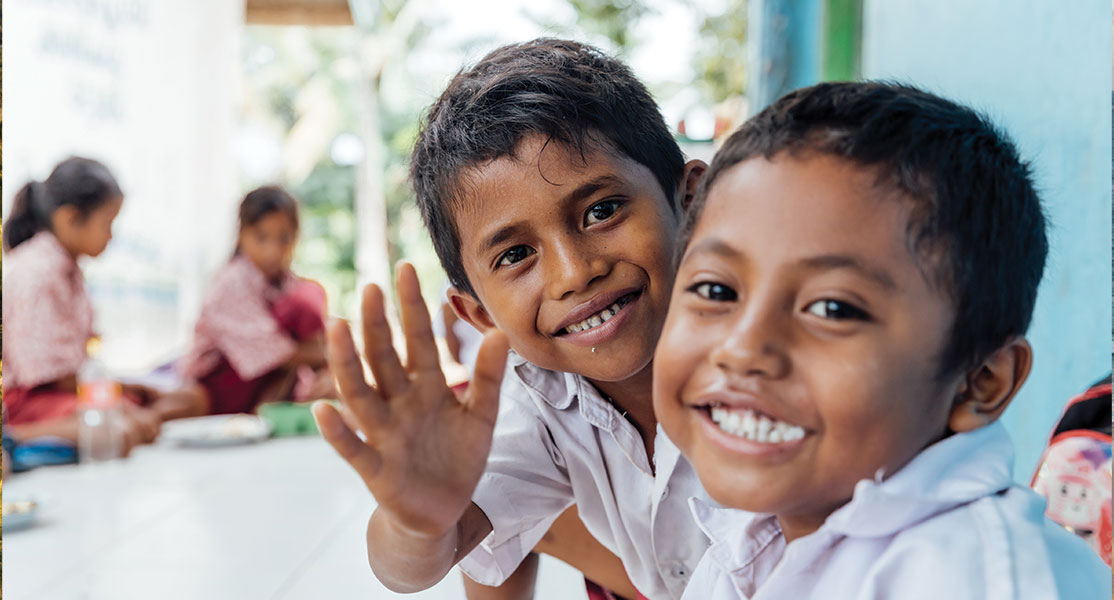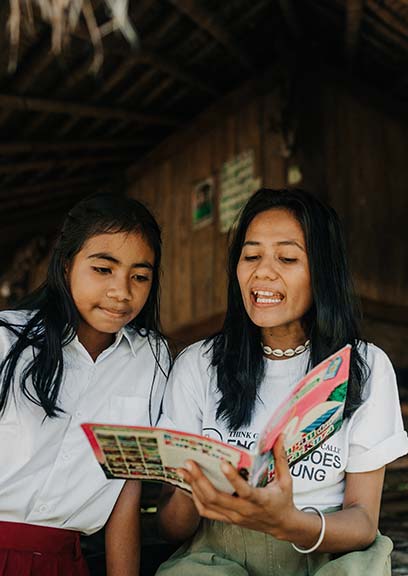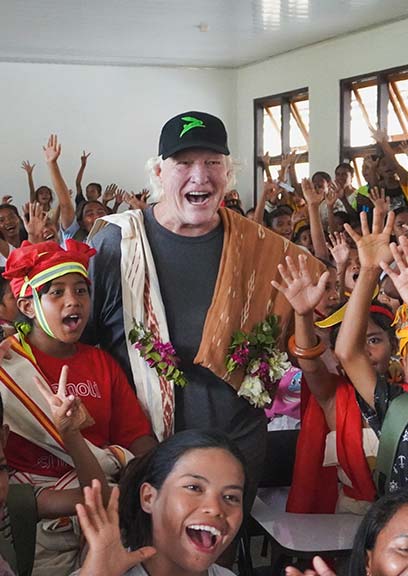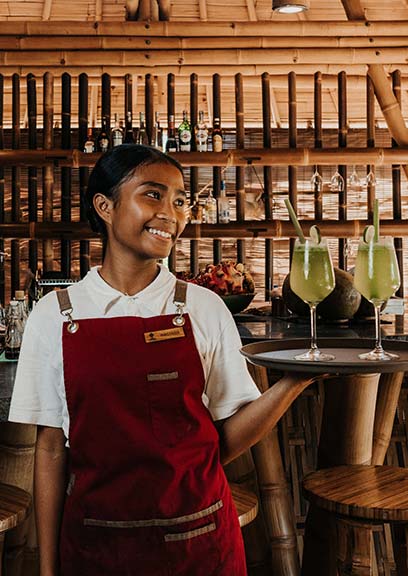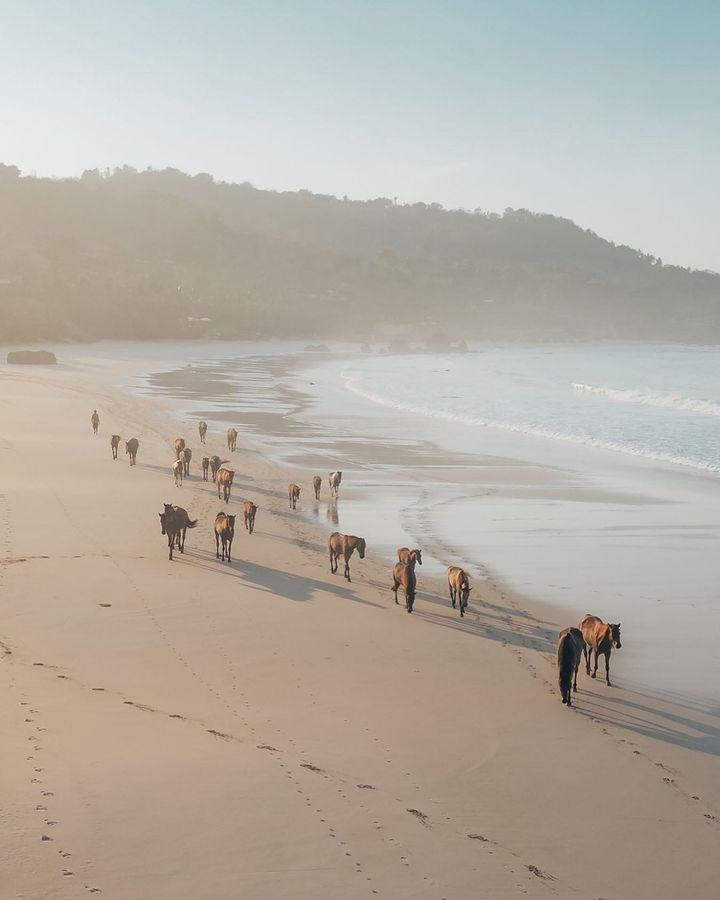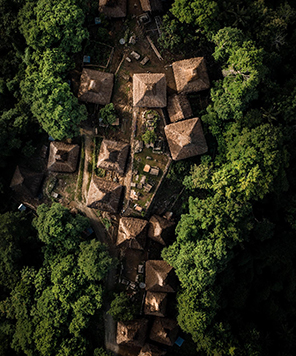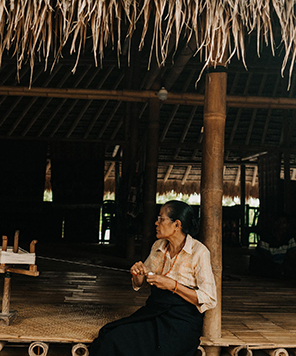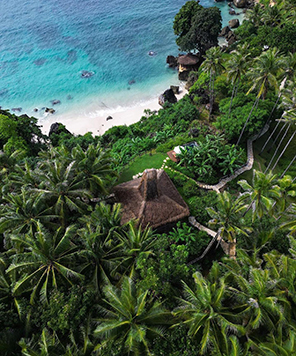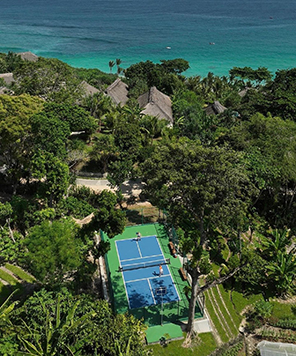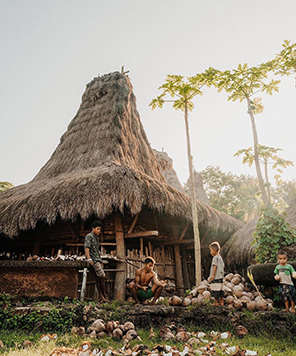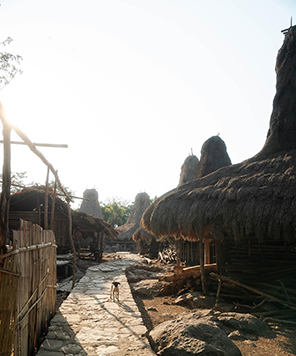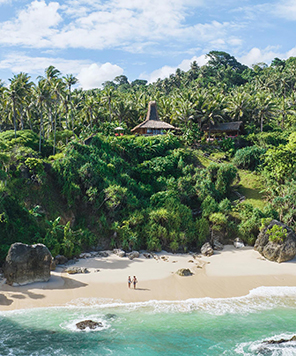In 2004 we began to address a most prominent health issue in the area, malaria, and established a comprehensive program to reduce and work towards eradicating it from
the local communities.
In 2005, we established our first health clinic and now have a total of four that operate in two districts (West Sumba
and Southwest Sumba), staffed by a team of Foundation Nurses and Midwives also trained to WHO level certification standards in malaria diagnosis and treatment.
This project has distributed over 15,000 high quality insecticidalimpregnated mosquito nets to the villagers in our coverage area and our World Health Organization certified microscopists work daily, analyzing bloodsmear
slides and treating patients with the best drugs available on the international market.
In 2010, we established our Malaria Training Center and since then have had 500 WHO level students graduate from the Malaria Training Center, delivering around 150,000 diagnoses per year in NTT. In our coverage area, we have seen a dramatic drop in the malaria rate, 93% in our original core area, and 70% island wide (Sumba Foundation, Government Clinics and UNICEF and other contributors combined).
In addition to general health and malaria control, we operate with two Eye Care nurses to perform weekly screenings at our clinics and in the villages providing the gift of sight to 100’s of people every year. For the past 12 years the Foundation has worked with volunteers and in collaboration with a group of Australian Eye Doctors from RACS (Royal Australasian College of Surgeons) and together have helped to perform 1,000 eye surgeries, and distribute 15,000 pairs of prescription glasses.

